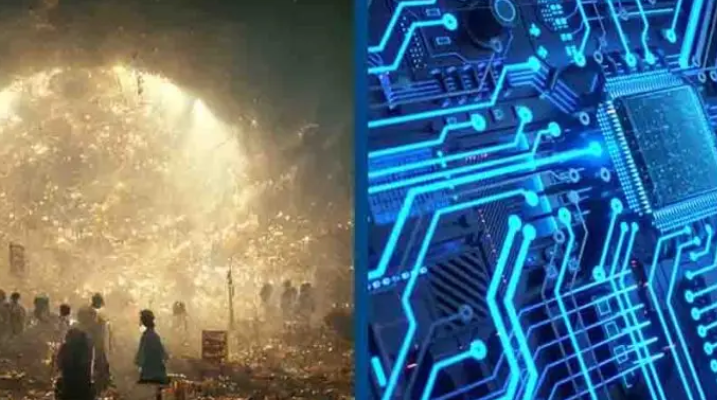From a number of blockbuster films that predict the apocalypse, to ordinary people wondering if and when the human civilization may come to an end, the discussions of people’s future on planet Earth seems to be a never ending one.
Recently, a supercomputer made a projection on the topic and the prognosis are bleak.
According to it, a destruction of what we know as our home could come in roughly 250 million years from now.

Further, the study, which was initially published in Nature Geoscience, analyzed the results of the supercomputer, taking into account various geological and biological factors.
It discussed the merging of tectonic plates, colossal slabs that constitute the Earth’s crust. With this, the Earth’s continents as we know them are expected to converge, forming a new supercontinent called Pangaea Ultima.

Sadly, this would lead to a drastic change in the climate – extreme temperatures and increased volcanic activity. The harsh conditions that would result from these changes would make it nearly impossible for mammals to survive.
“The newly-emerged supercontinent would effectively create a triple whammy, comprising the continentality effect, hotter sun and more CO2 in the atmosphere, of increasing heat for much of the planet,” Dr. Alexander Farnsworth, a lead researcher of the study stated.

In 250 million years from now, researchers believe the temperatures will reach 40-50 degrees Celsius. But it would be the extreme humidity that would put lives at risk. This humidity will greatly reduce how much heat mammals’ bodies will be able to release into the air.
In addition, around 8 to 16 percent of the land would be habitable for mammals when this supercontinent forms and humans would seriously struggle to adapt to the new climate extremes.
However, despite the bleak prognosis, the good thing is that humans have plenty of time ahead in order to prepare for this possible future. Who knows, maybe those plans would involve colonies on Mars.
Please SHARE this article with your family and friends on Facebook.




